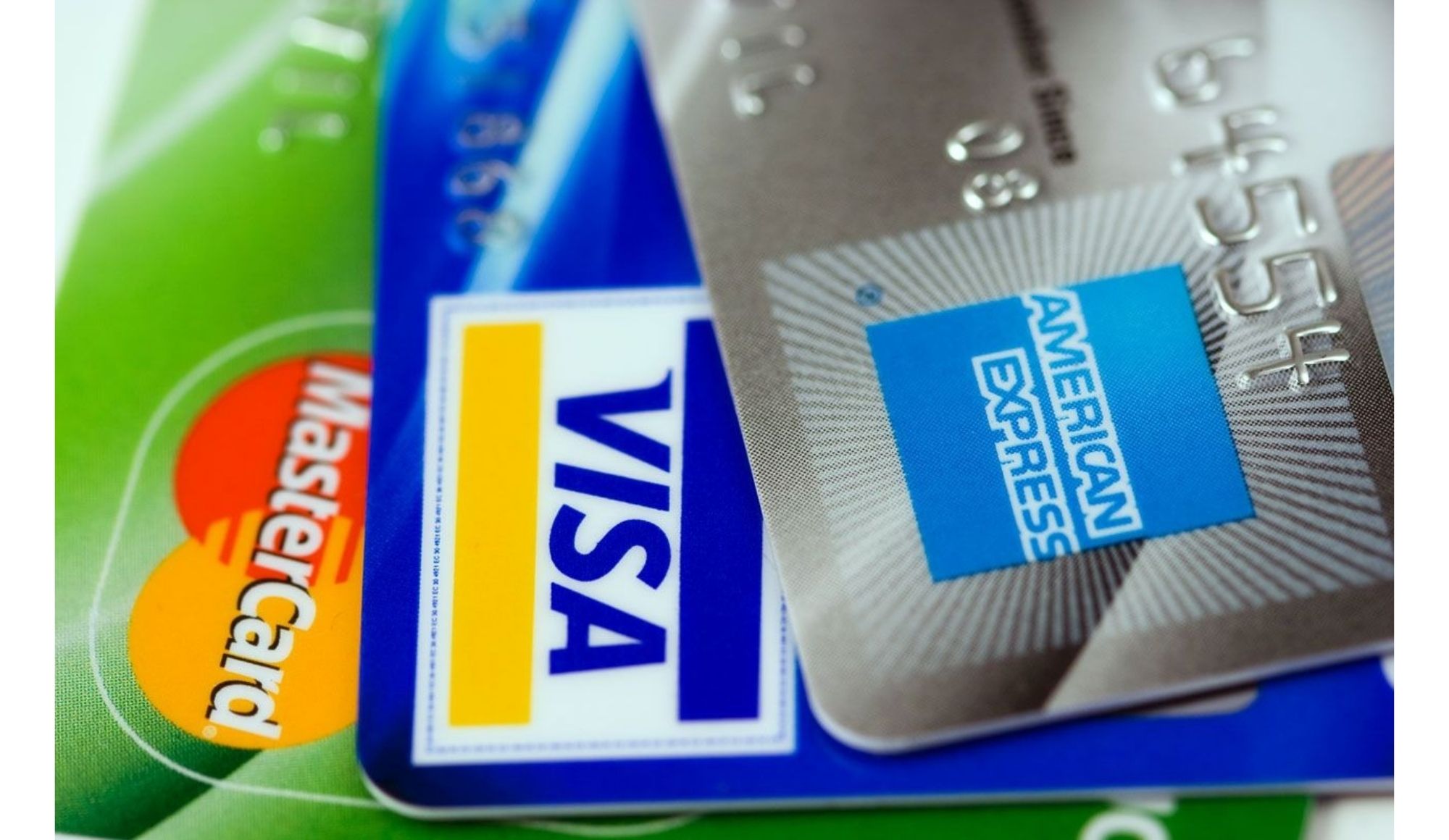Got $300? Buy Visa
You don’t need a lot of money to start investing in the stock market. If you have $300, buying Visa could be your first step to building a successful investment portfolio that generates strong returns throughout your life.
Why does Visa seem like such a good option? Let’s look at the company’s performance to understand more.
Visa’s Revenues Grow With the Economy
Visa makes money every time someone uses one of the company’s products to buy an item. As a consumer, you might think that your credit card doesn’t generate any money for Visa — assuming that you pay your entire balance every month. Even if you never pay interest on your balance, Visa earns a small percentage from every sale. That money comes from the business that sells you a good or service.
As long as people spend money, credit card companies like Visa will thrive. But what happens when people spend less money? Couldn’t an economic recession or contraction damage Visa’s ability to earn revenue?
In short, yes. When people buy less, credit card companies make less. That’s not as bad as it might sound, though. Economic recessions don’t usually last very long. The United States has experienced four recessions since the 1990s. The first lasted from July 1990 to March 1991. Just eight months. The second also lasted eight months (March 2001 to November 2001).
The Great Recession was much more substantial. It lasted from December 2007 to June 2009, a year and a half. That’s very rare, though. Only the Great Depression has lasted longer.
The COVID-19 recession? It lasted a total of two months (February 2020 to April 2020).
As you can see, the periods of growth and ample spending are much longer than those of contraction and pinching pennies. In the long term, Visa should make investor money as the economy expands.
Visa Dominates the U.S. Market
About 53% of credit card purchases in the U.S. are made with Visa cards. Its biggest competitor, Mastercard, is at least 30% below Visa. In other words, Visa dominates the U.S. credit card market.
Visa Has Gone International
Additionally, Visa has gone international by opening Visa Europe. Speculation is rife that the company plans to continue growing into other countries. The world has plenty of underbanked regions that Visa could move into and quickly dominate. It would take careful planning, but Visa’s infrastructure could reach emerging markets throughout Africa, the Middle East, and Southeastern Asia.
If Visa manages to expand slowly over the next few decades, it could maintain double-digit growth that would increase its share price substantially.
Visa’s Focus on Payment Processing Keeps It Profitable
Unlike many financial institutions, Visa has not shown any serious interest in becoming a lender. Getting involved in lending could help the company generate higher revenues. For example, it could make money by issuing mortgages that earn interest for decades.
However, lending comes with a lot of risk especially with unsecured loans. Secured loans give lenders more options — such as reclaiming collateral — but it takes time and an effort. Visa seems content to avoid that area of the industry.
That’s potentially good news for investors because they don’t have to worry about consumer defaults from unusually high numbers of unpaid loans. Also, Visa doesn’t need to set aside capital to cover loan defaults. It can deploy that capital to grow its business.
You Can Buy Visa Stock for Less Than $300
When you don’t have a lot of money but understand the long-term gains that you can get from investing, getting on the investing ladder is an important first step. Visa shares have stood the test of time and a single share can be purchased for just north of $200.
Visa pays dividends, so you can turn that one share into more over time. If you keep reinvesting your dividends you could add more shares to your portfolio over the long-term. The company has been a reliable performer for decades, so it should add some predictability to your investment strategy.
What should you do with the money left over from your $300?
If you’re young, you might want to buy shares in a high-risk, high-reward company. Visa will balance the risk, and you will get an opportunity also to grow your money rapidly. If you lose the money, you probably have years or decades to make up for the loss.
If you’re close to retirement, it probably makes more sense to take a safer route. If you buy shares in other stable companies, you can expect solid returns that help fund your retirement years.



